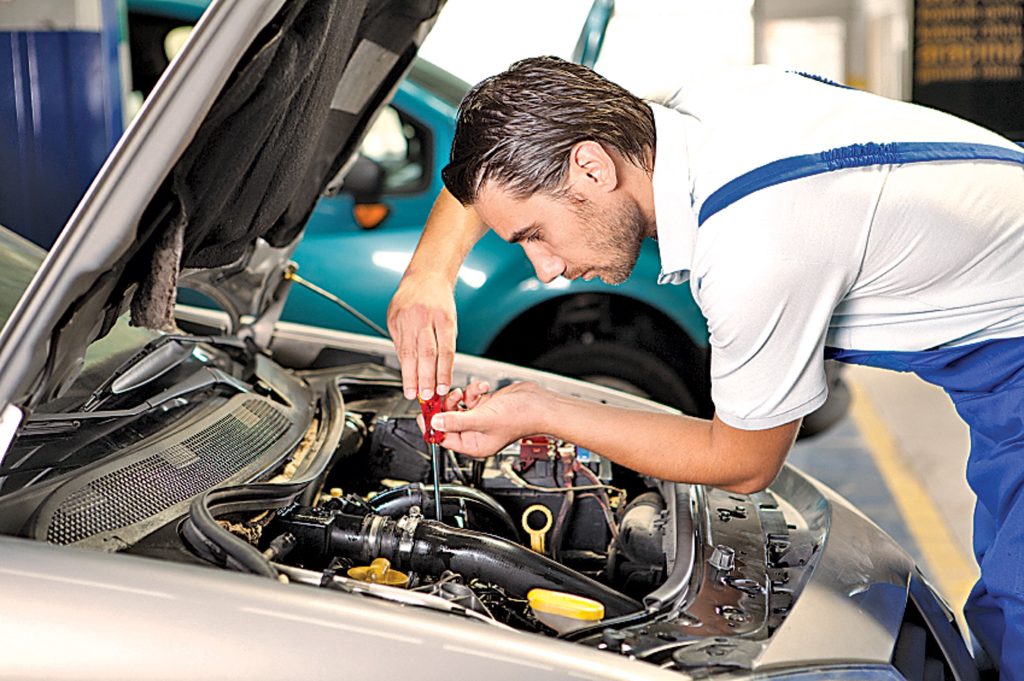Mastering Auto Repair – Expert Tips to Keep Vehicle Running Smoothly
Maintaining your vehicle is not just about making sure it looks good or running it until it breaks down. Proper auto care and repair are essential to keeping your car in peak condition, extending its lifespan, and ensuring safety on the road. Mastering auto repair does not necessarily mean you need to become a professional mechanic, but understanding basic maintenance and repair tasks can save you time, money, and frustration. Whether you are dealing with routine check-ups or unexpected issues, knowing the ins and outs of your vehicle will go a long way in keeping it running smoothly. The key to mastering auto repair begins with regular maintenance. Preventive measures are often overlooked, but they are critical in preventing major breakdowns. By staying on top of routine tasks like oil changes, tire rotations, and brake inspections, you not only avoid costly repairs but also keep your vehicle operating efficiently. Most auto experts recommend following your vehicle’s maintenance schedule, which you can usually find in the owner’s manual.

This will help you stay on track with timely services like replacing spark plugs, checking belts and hoses, and flushing transmission fluid. Regular oil changes, for instance, are essential for maintaining engine health. Oil lubricates the moving parts of the engine, reduces friction, and keeps the engine cool. Over time, oil breaks down and becomes less effective, which can lead to engine wear and eventual failure. Typically, oil changes are recommended every 3,000 to 7,500 miles depending on the type of oil and driving conditions. Checking tire pressure and rotating tires regularly will also prevent uneven wear, improve gas mileage, and enhance vehicle handling. For those looking to gain confidence in auto repair, there are several basic tasks that can be tackled with minimal tools and knowledge. Replacing a car battery is one of the simplest repairs and can be done in a matter of minutes. Similarly, changing a flat tire is another fundamental skill every driver should know.
A properly inflated spare tire, a jack, and a lug wrench are all you need to swap out a flat tire and get back on the road. Another straightforward repair is replacing windshield wiper blades. Over time, wiper blades wear out, leaving streaks on the windshield and reducing visibility in bad weather. Most wiper blades are inexpensive and can be installed without professional help. Checking and replacing your air filter is another easy job that can improve your engine’s performance and fuel efficiency. A clogged air filter restricts airflow to the engine, causing it to work harder and use more fuel. While mastering complete auto repair tasks is empowering, it is also important to recognize when a repair requires professional expertise. Complex systems such as the engine, transmission, and electrical components often require specialized tools and knowledge to diagnose and fix properly. For example, issues like engine misfires, electrical malfunctions, or transmission slips should be addressed by a trained mechanic.